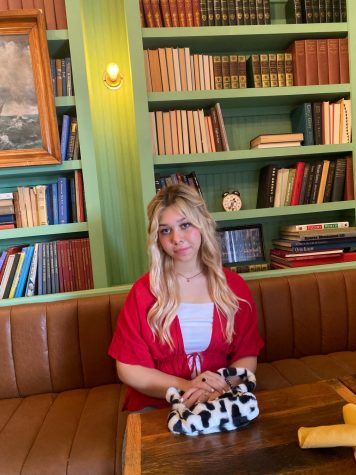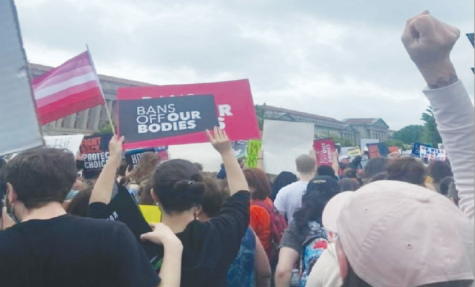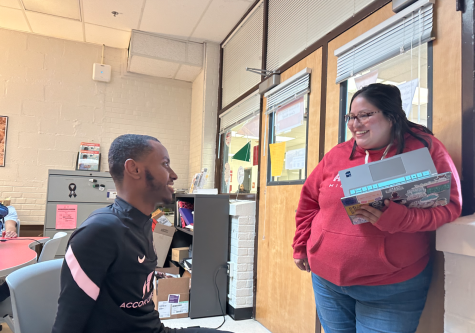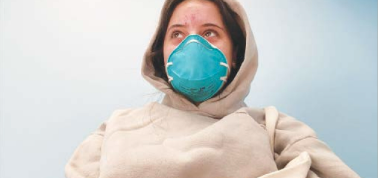The Effects of Caffeine
What is caffeine? Caffeine is a stimulant that mainly works in the nervous system and basically helps you stay awake. According to the National Center for Biotech Information (NCBI), it is the most used psychoactive drug. Yvette Brazier, from MediaNewsToday, states that 83.2% of teens consume caffeine on a regular basis and more than half of the adults in the country consume 300 milligrams a day.
With all that caffeine being consumed in our country, does it ever make you wonder of the side effects? Franziska Fritzler from Healthline’s nutrition team claims high doses of caffeine can cause a list of negative side effects. Anxiety is one of them, and teens in this generation seem to be struggling a lot with it, so caffeine could be part of the reason behind that. Insomnia is also a serious issue teens face nowadays and caffeine has an impact on that as well. Getting enough sleep is very important for teens, as their brains are still developing and they have to attend school everyday for 7-8 hours.
The NCBI also said that people who consume energy products are more likely to get an insufficient amount of sleep (less than five hours per night) than those who did not. As reported by SleepFoundation.Org, teens should be getting 8-10 hours of sleep while adults should be getting 7-9 hours.
The other side effects of caffeine include digestive issues, muscle breakdown, addiction, high blood pressure and rapid heart rate.
Caffeine is consumed every day in the form of cola, green tea and chocolate; however, this is usually in a moderate dose. Senior Haleluya Worku says “My preferred choice of caffeine is tea. I drink it everyday. I don’t really feel the caffeine, I drink tea more for the taste.” Coffee and energy drinks, which contain far more caffeine, are what you should be more cautious of. Brazier stated that a safe amount of caffeine is probably around 100mgs of caffeine. With that info, a 16 oz can of Absolute Zero Monster Energy Drink is 140mgs of caffeine, and a normal Monster Energy Drink has 215mgs of caffeine, more than double the suggested amount. Coffee on the other hand, has 95 mg per 8oz, and it is a bit healthier because of the low amount of calories and added ingredients. Two teachers at Annandale, Ms.Butera, and Ms.Ottavio claim they drink coffee everyday.
In many cases, the packaging of the product tricks people into wanting to try the product or into thinking it is healthier than it truly is. For example, Starbucks, one of Annandale students’ preferred choices of caffeine, masks your drink into pretty-looking Frappuccino’s, macchiatos or Starbucks labeled lattes. Energy drinks are a part of this as well as well because they have colorful cans and some even report no sugar and calories and a low amount of carbs. However, in reality, the added sucralose has many bad effects too, such as slowing the metabolism down.

Junior Anmool Ghaffari (also goes by annie) is a junior in her third year of journalism. She enjoys seeing her friends and spending time with them. She...









